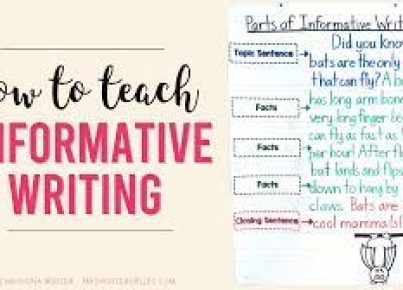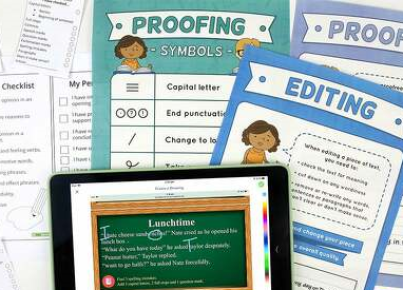Introduction: The concept of the “hook” has long been ingrained in academic writing, causing students to focus on capturing their reader’s attention within the first few sentences. While this technique can certainly be useful in specific types of creative writing, its emphasis in educational settings may detract from students’ ability to think critically and articulate thoughtful arguments. This article will explore why it is time for educators to stop placing so much importance on hooks in student essays.
Section 1: The Origins of the “Hook” and Its Purpose
The idea of the “hook” comes from journalism, where a short and engaging opening statement is frequently used to grab readers’ attention and persuade them to read on. This approach has been repurposed in many academic writing contexts, causing students to believe that the success of their essay depends on capturing their audience’s interest from the very beginning.
Section 2: The Downside of Starting with a Hook
While hooks can be effective in piquing curiosity or engaging readers emotionally, they may not be suitable for all types of essays or academic disciplines. As a result, students may struggle with finding appropriate hooks for their topic or audience, causing unnecessary stress early on in the writing process. Additionally, focusing too much on creating a hook can shift students’ attention away from developing meaningful arguments supported by evidence.
Section 3: The Pressure on Students
The constant pressure placed on students to create a strong hook can ultimately harm their overall writing abilities by promoting form over substance. Students may spend too much time and effort obsessing over crafting an intriguing hook rather than focusing on building a logical structure and presenting well-researched, persuasive arguments.
Section 4: Encouraging More Thoughtful Writing Approaches
Instead of merely asking students to open their essays with a hook, educators should encourage them to concentrate on establishing a clear thesis, organizing their ideas logically, and supporting their arguments with substantial evidence. While captivating the reader’s attention is certainly important, the primary goal of academic writing should be effectively communicating ideas and promoting critical thinking.
Conclusion: It is time for educators to reevaluate the importance placed on hooks in academic writing. By shifting the focus towards critical thinking and clear communication, students will be better equipped to develop their writing skills and contribute to meaningful discourse both inside and outside the classroom. Let’s stop asking students to start every essay with a hook, and instead empower them to find their unique voice and become confident writers.




